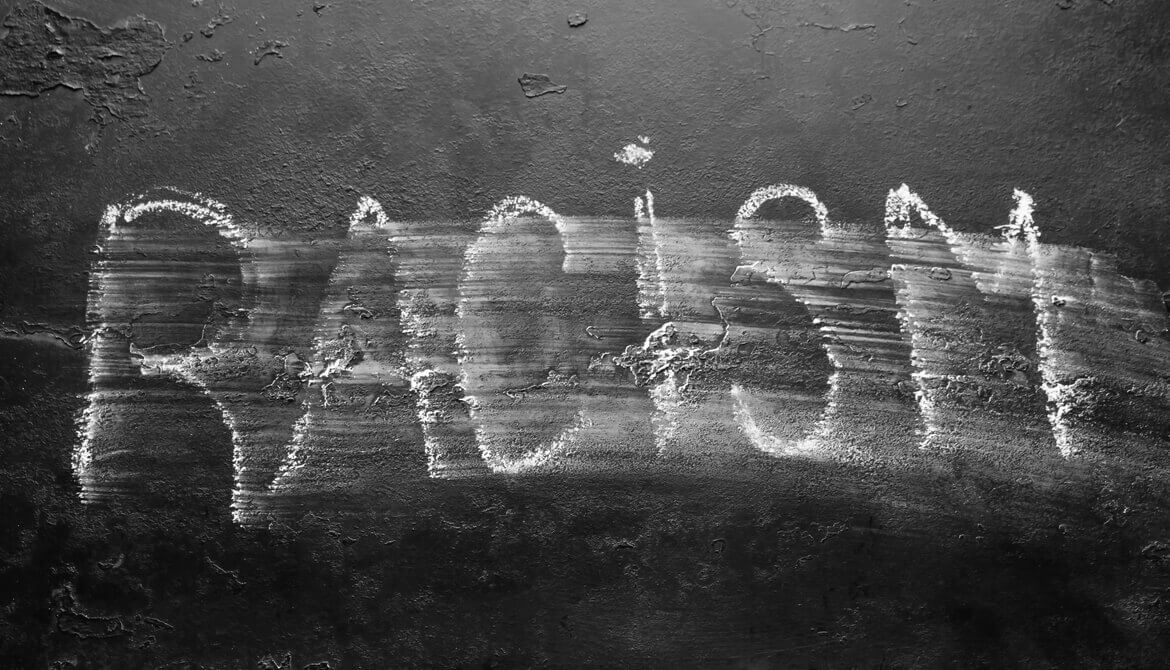5 minutes
Here are some first steps for individuals and organizations. Then send us feedback about what you’d like to learn next.
We can talk all day about good reasons for the current focus on diversity, equity and inclusion. They range from simply being the right thing to do to getting better organizational outcomes. But the truth is, the ideals of diversity, equity and inclusion don’t advance until we act.
The April 20 edition of the WorkLife With Adam Grant podcast, “Building an Anti-Racist Workplace,” suggested that there are things individuals can and must do to promote inclusion and belonging in the world at large. At the same time, the show underscores, organizations must take a separate set of action steps if they want to retool workplaces to be anti-racist and more inclusive of employees’ uniqueness.
Steps for Individuals to Take to Promote Inclusion
In the WorkLife podcast, guest John Amaechi, a British-American psychologist, diversity expert, consultant, author and former professional basketball player, suggests two clear-cut steps individuals can take to be more anti-racist and more inclusive.
1. Lay down your bias about the term “privilege” so you can understand both what privilege is and what privilege you have.
Amaechi has seen people get defensive when the word “privilege” comes up. To help them get over this, he defines privilege as “the idea that your life has an advantage because there is a disadvantage that you don’t experience.” He emphasizes that just because you have a certain privilege “doesn’t mean you didn’t work hard” to get where you are in life.
People have talked about privilege with Amaechi, saying, “‘Oh, well, of course you’re a good basketball player, you’re 6’9”.’” To which he has responded, “‘I would not have been a basketball player at all had I not been 6’9”. It’s definitely a privilege.’ You just have to kind of say, ‘There it is.’ Does it mean I didn’t work hard? Nope.”
2. Knowing your privilege, act; when you mess up, embrace the wince.
Amaechi suggests people interested in being allies to people of color get over the idea that a person shouldn’t speak up to help others with a different lived experience—such as a white person speaking up for a black one.
“Racism is an incivility. Sexism is an incivility,” he explains. “I do not require sisters nor a mother nor a wife to be against sexism and misogyny because it is an incivility. If I’d intervene on something that’s racist, it’s not on my behalf or another one of my black colleagues. It’s because it’s an incivility against the values that people say they share. Today it’s not about an individual. It’s about standing up for your values.”
Amaechi says he purposefully spends time with lots of different people. This means he faces plenty of teachable moments—times when he says or does the wrong thing. In such situations, he embraces the “wince.”
“When people make mistakes, what they do is they forensically examine it. And then they say, right, I’ll never do that again. And then two days, two weeks, two months later, they do it again because they tossed it out,” he says. “I want you to take the core, strip it of emotion and guilt and all that other stuff … and stick it right in your chest. Embrace the wince, just hold onto it.”
Amaechi emphasizes that the solution to diversity, equity and inclusion is in this discomfort, as it will help people choose their future actions informed by what they’ve learned.
Ideas for Organizations That Want to be Anti-Racist
In the podcast, Amaechi also offers clear steps organizations can take to update their processes, structures and culture to be more inclusive. For example, he notes that a recent review of 81 studies found that “years of experience” have virtually no impact on future performance.
Podcast host Adam Grant, a professor at the University of Pennsylvania’s Wharton School of Business, explains that hiring needs to be about “how well people can learn to do a job, not how long they’ve already done it. Job postings with minimum years of experience prevent promising people of color from getting a foot in the door.”
Taking a broader organizational perspective, Amaechi says a “culture is defined by the worst behavior tolerated.”
“The example I give is about littering,” he explains in the show. “It is illegal, but it’s clearly okay because you’ve—you’ve looked outside, right? And the act of doing nothing is what tells everybody it’s okay. That’s what defines what is possible in this culture.
To have an anti-racist, more inclusive culture at your organization, “you have to treat even the minuscule transgressions as if they’re significant,” he adds.
Doing so can be hard since many of these transgressions, these “incivilities,” come in the form of a joke.
“But what you can do is you can suck the oxygen of the room,” Amaechi suggests. “So, if somebody makes that joke that’s sexist or racist or something else, you stay silent, you look away, you don’t laugh. It sucks the oxygen out. If enough people do that in an environment, you don’t actually have to address the individual at all.” It changes the situation to one where you’re teaching that person a better way of being.
Learn more from Amaechi by listening to the episode on Spotify or reviewing the transcript for this episode.
More Action Steps for You
As senior editor for CUES, I’ve been working to create content about concrete action steps you can take to promote inclusion and belonging and about organizations’ DEI success stories. You can read these articles, watch these videos and listen to these podcasts in the CUES DEI Resource Center. (Look under “the latest in CU Management” header.) I hope you find them useful.
I’d like very much to keep moving forward on this DEI journey and promote positive results. So, let me hear from you. What action steps would you like coaching on? What success stories do you have to tell? Reach me directly at lisa@cues.org.
Lisa Hochgraf is senior editor for CUES.






